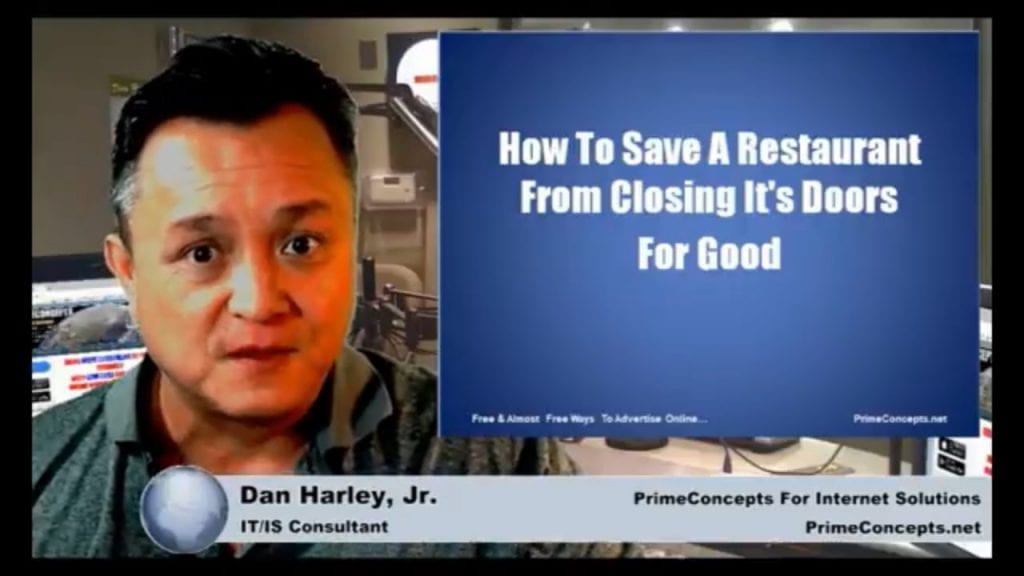
Restaurants resemble living things. They are conceived and, at some point or another, they pass on. Much likewise, with individuals who mind their wellbeing, the variable that proprietors try to control is the measure of time between those two occasions. For a specific restaurant, that period is unfortunately abridged.
At the point when a designated restaurant closes, usually, another confident proprietor goes along and attempts again in a similar spot. At times, various ideas flop over and over in precisely the same area until the correct one breaks the cycle — or space is at long last considered entirely unacceptable for a restaurant and winds up lodging another sort of business.
At the point when a restaurant begins to come up short, or never gets on in the first place, proprietors can’t get off the way to fate. Maybe they’re in a thrill ride vehicle, bolted to the rails until they vulnerably end up at the base of the slope. Indeed, however, insofar as there are as yet reserves accessible, a current proprietor ought to have the option to do very similar things another one would.
A present proprietor has favorable circumstances in reconcepting the space. He has dealt with records, hard information that can be dissected. Then again, think about clients’ business sentiments while considering other factors. They may have suppositions, yet that doesn’t mean clients comprehend the business.
Summarize
The majority of the above advice is more complicated than one might expect, and none of it covers the most fundamental and significant thought for survival: capital. What ought to be self-evident, however, is that another new restaurant needs enough budgetary support to have a battling chance at enduring any stumbles — and an opportunity to actualize a portion of this council before it’s past the point of no return.









